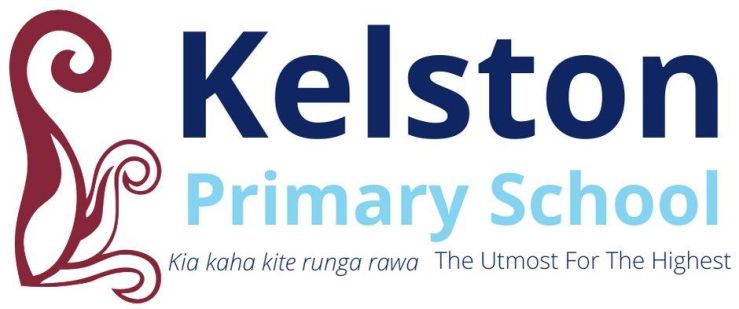
The Education Review Office (ERO) visits all state-funded schools every 3-4 years and provides a report on the school's achievements and areas for development.
You can view our current ERO report below or by clicking here which will take you to the Education Review Office website.

Kelston School
Te Ara Huarau | School Profile Report
Background
This Profile Report was written within 8 months of the Education Review Office and Kelston School working in Te Ara Huarau, an improvement evaluation approach used in most English Medium State and State Integrated Schools. For more information about Te Ara Huarau see ERO’s website www.ero.govt.nz
Context
Kelston School is a primary school located in Kelston, West Auckland. It provides education for years 1 to 6 ākonga/learners. The school’s vision is to develop capable ākonga who are able to communicate, collaborate, think critically and creatively, to become successful members of the global community.
Kelston School’s strategic priorities for improving outcomes for learners are:
-
to consolidate effective teaching and leadership capability and capacity, focused on equitable outcomes for all ākonga
-
building a responsive local Curriculum that provides ākonga with multiple opportunities to achieve success, belonging and resilience
-
embedding strong connections and relationships as we engage with our learning community
-
implementing a Te Ao Māori strategy to embrace identity, language, culture and Aotearoa’s history.
You can find a copy of the school’s strategic and annual plan on Kelston School’s website.
ERO and the school are working together to evaluate how effectively the schools’ localised curriculum supports responsive and equitable ākonga learning outcomes, positive connections and relationships.
The rationale for selecting this evaluation is:
-
a community whose focus is on tamariki/children realising their fullest potential as successful citizens
-
school values are explicit in every classroom, focused on developing ākonga wellbeing, and belonging
-
kaiako/teachers are well equipped to accelerate learning for identified priority ākonga
-
kaiako assessment informs teaching practices to ensure equitable outcomes in literacy and numeracy for ākonga
-
leaders focus on evaluation to support a journey of continual school improvement.
The school expects to see:
-
ākonga authentically and actively engaged in their learning
-
an explicit and responsive focus on ākonga language, culture and identity through the school’s localised curriculum
-
values continue to underpin the well-being and inclusion of all members of the Kelston School learning community
-
kaiako collaborative practices focus on strengthening the resilience and achievement of all ākonga
-
formative assessment practices fully embedded and consistently applied by kaiako
-
continued educationally powerful connections and communication with parents, families, whānau and iwi.
Strengths
The school can draw from the following strengths to support it in its goal to ensure teaching and learning processes and practices support an equitable responsive localised curriculum:
-
inclusive and safe learning spaces underpinned by the school values
-
ākonga want to learn and are supportive of each other’s learning
-
the kaiako have sustainable high levels of professional capability and accountability
-
school-wide leadership both for and of teaching and learning is well established
-
a school Māori education development plan supports the school’s Te Ao Māori focus.
Where to next?
Moving forward, the school will prioritise:
-
embedding ākonga voice and agency across the broader school localised curriculum
-
consolidating collaborative, consistent teaching practices, to support accelerated achievement for priority ākonga
-
systematic, professional learning opportunities aligned to curriculum priorities
-
effective implementation of a refreshed New Zealand Curriculum and STEM (Science, Technology, Engineering and Mathematics) capability and the National Education Learning Priorities (NELP)
-
engagement with parents, whānau and iwi to confirm the learning community’s educational aspirations.
ERO’s role will be to support the school in its evaluation for improvement cycle to improve outcomes for all learners. ERO will support the school in reporting their progress to the community. The next public report on ERO’s website will be a Te Ara Huarau | School Evaluation Report and is due within three years.
Filivaifale Jason Swann
Director Review and Improvement Services (Northern)
Northern Region | Te Tai Raki
31 January 2023
